South Africa
The United States will officially boycott the upcoming G20 summit in South Africa, President Donald Trump announced Friday, escalating a diplomatic dispute by reiterating his controversial claims about the treatment of white farmers in the country and calling the choice of host "a complete disgrace."
In a post on his social media platform, Trump declared that no U.S. officials, including Vice President JD Vance who was scheduled to attend in his place, would participate in the gathering of world leaders.
The President cited alleged "abuses" faced by Afrikaners, including "violence, death, and the seizure of their land and farms," as the reason for the withdrawal.
This follows his earlier suggestion that South Africa should be expelled from the G20 entirely.
South Africa's rebuttal and the reality on the ground
The South African government has consistently denied these allegations.
President Cyril Ramaphosa stated he personally informed Trump that the claims of discrimination and persecution are "entirely untrue."
Officials expressed surprise at the accusations, pointing out that white South Africans generally enjoy a significantly higher standard of living than the Black majority more than three decades after the end of apartheid.
A pattern of diplomatic friction
This boycott is the latest in a series of diplomatic clashes between the Trump administration and South Africa.
Earlier this year, Secretary of State Marco Rubio skipped a G20 foreign ministers' meeting, objecting to its agenda on diversity and climate change.
The administration has also framed its broader refugee policy around the issue, suggesting that the majority of the sharply reduced annual refugee intake of 7,500 would be white South Africans fleeing what it calls discrimination.




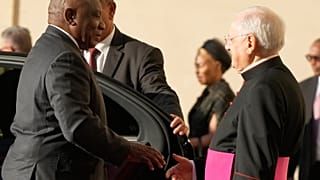
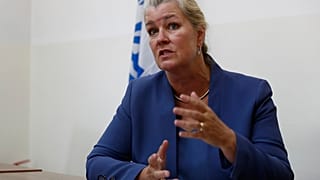
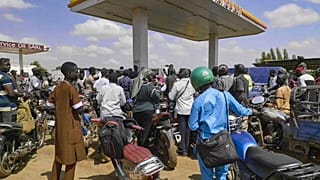
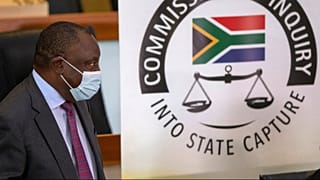
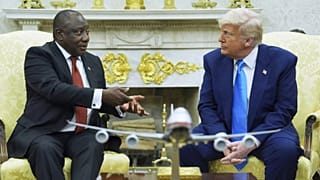
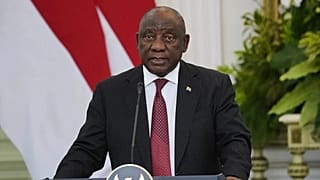
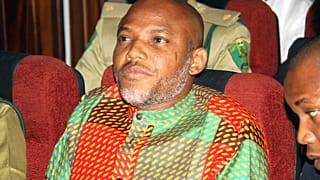
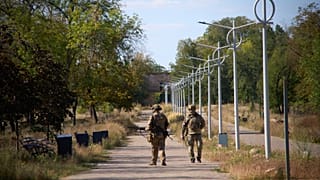
02:03
Uganda-born Zohran Mamdani to become New York City's first Muslim mayor
01:07
Nigerian government dismisses Trump’s claim of Christian killings
01:06
US slashes refugee admissions and prioritises white South Africans
01:17
Donald Trump orders US military to resume nuclear weapons testing
11:07
Infrastructure: From foreign loans to domestic capital [Business Africa]
00:52
Nobel laureate Wole Soyinka announces U.S. visa revocation